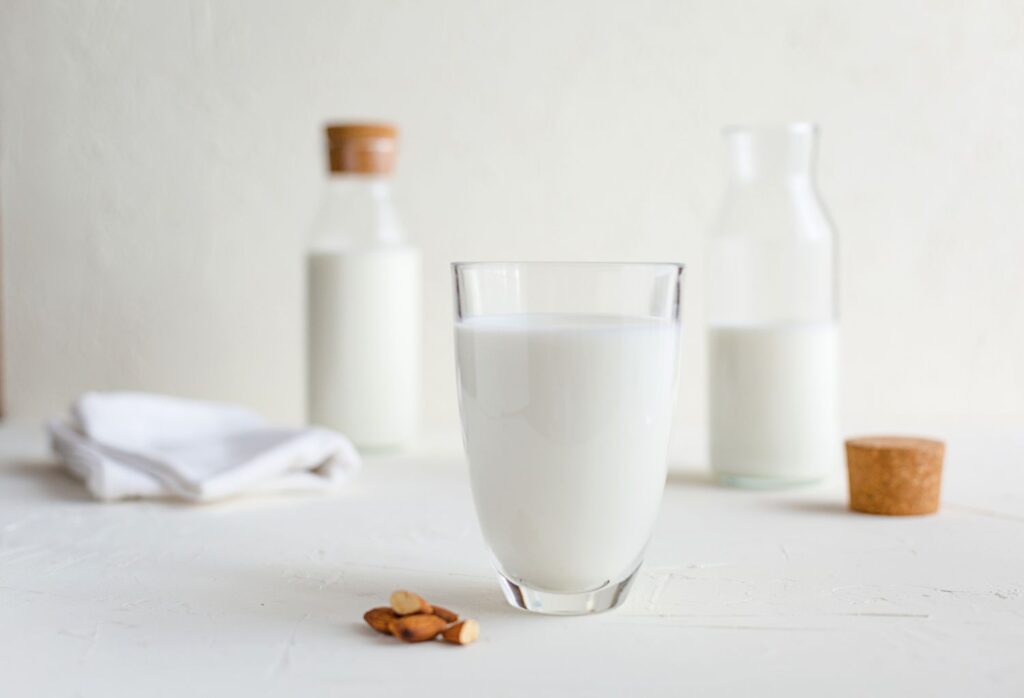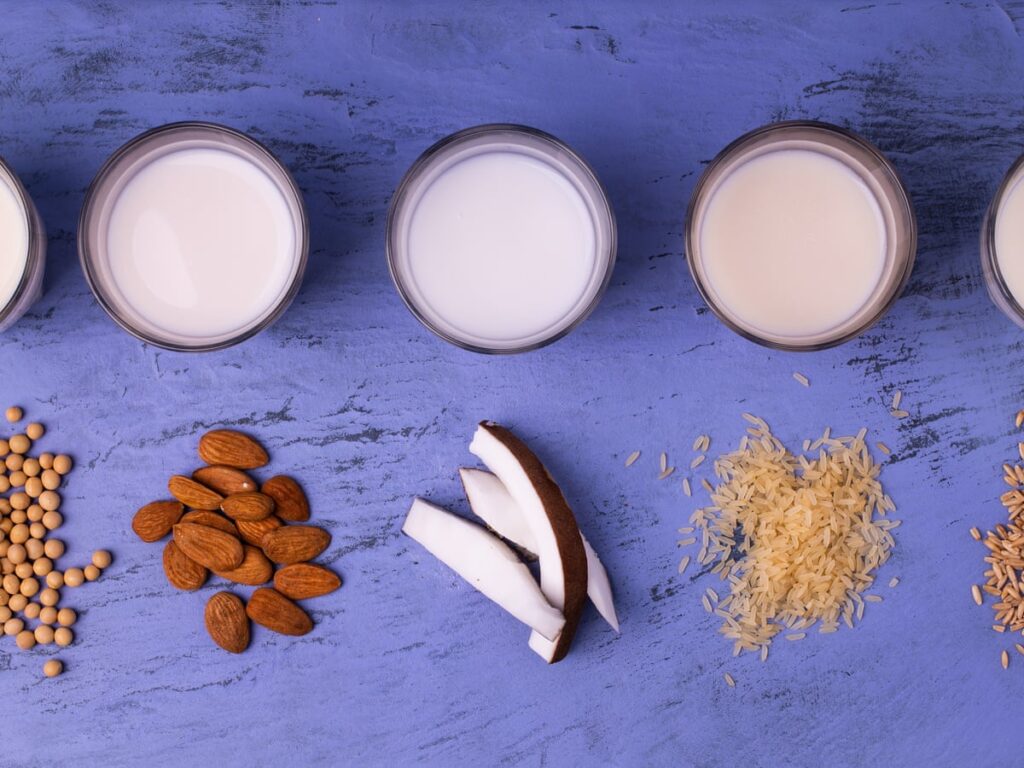- May 13, 2024
- 0
- Uncategorized
Eco-Friendly Plant Milk
As awareness of environmental issues grows, many people are seeking more sustainable alternatives to traditional dairy products. Eco-friendly plant milk offers a delicious and nutritious alternative that is better for the planet and for your health. In this article, we’ll explore the benefits of eco-friendly plant milk and provide a guide to some of the most sustainable options available.

Why Choose Eco-Friendly Plant Milk?
- Reduced Environmental Impact: Producing plant milk requires fewer resources and generates fewer greenhouse gas emissions than dairy milk, making it a more environmentally friendly choice.
- Animal Welfare: Plant milk is cruelty-free and does not involve the exploitation of animals, making it a more ethical choice for those concerned about animal welfare.
- Health Benefits: Plant milk is often lower in calories, fat, and cholesterol than dairy milk and may offer additional health benefits, such as being lactose-free and cholesterol-free.
Sustainable Plant Milk Options:
- Soy Milk: Soy milk is one of the most popular plant milk options and is made from soybeans. It is rich in protein, calcium, and other essential nutrients and has a creamy texture that is like dairy milk.
- Almond Milk: Almond milk is made from almonds and has a slightly nutty flavor. It is low in calories and rich in vitamin E, making it a nutritious and delicious alternative to dairy milk.
- Oat Milk: Oat milk is made from oats and has a mild, slightly sweet flavor. It is naturally creamy and has a texture that is like dairy milk. Oat milk is also rich in fiber and beta-glucans, which can help to lower cholesterol levels.
- Coconut Milk: Coconut milk is made from the flesh of mature coconuts and has a rich, creamy texture and a slightly sweet flavor. It is high in healthy fats and may offer additional health benefits, such as improved heart health and immune function.
- Hemp Milk: Hemp milk is made from hemp seeds and has a slightly nutty flavor. It is rich in omega-3 and omega-6 fatty acids, making it a nutritious and eco-friendly choice.
How to Choose Sustainable Plant Milk:
- Check the Ingredients: Look for plant milk brands that use organic, non-GMO ingredients and avoid additives, preservatives, and artificial flavors and colors.
- Choose Eco-Friendly Packaging: Opt for plant milk that comes in eco-friendly packaging, such as cartons made from renewable materials or glass bottles that can be reused or recycled.
- Support Sustainable Brands: Research plant milk brands that are committed to sustainability and support companies that prioritize ethical sourcing, fair labor practices, and environmental stewardship.

DIY Eco-friendly Plant Milk Recipes:
- Almond Milk: To make almond milk at home, simply blend one cup of soaked almonds with four cups of water until smooth. Strain the mixture through a nut milk bag or cheesecloth to remove the pulp and sweeten to taste with dates or maple syrup if desired.
- Oat Milk: To make oat milk at home, blend one cup of rolled oats with four cups of water until smooth. Strain the mixture through a fine-mesh sieve or cheesecloth and sweeten it to taste with dates or maple syrup if desired.
Conclusion:
Eco-friendly plant milk offers a delicious, nutritious, and sustainable alternative to dairy milk. By choosing plant milk that is produced with minimal environmental impact and supporting brands that prioritize sustainability, you can enjoy your favorite beverages guilt-free while doing your part to protect the planet.
Categories:
Uncategorized